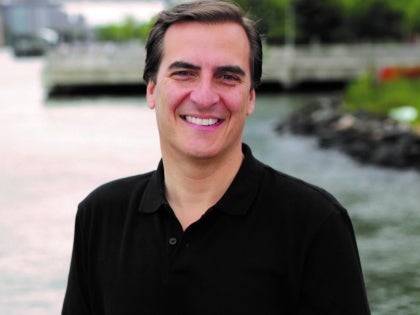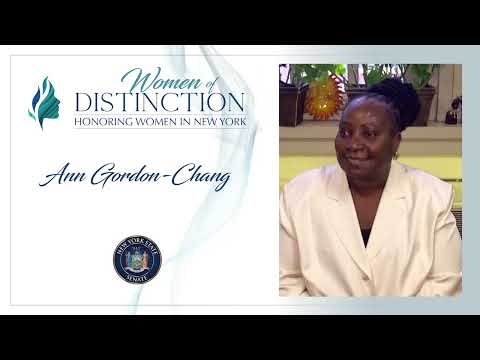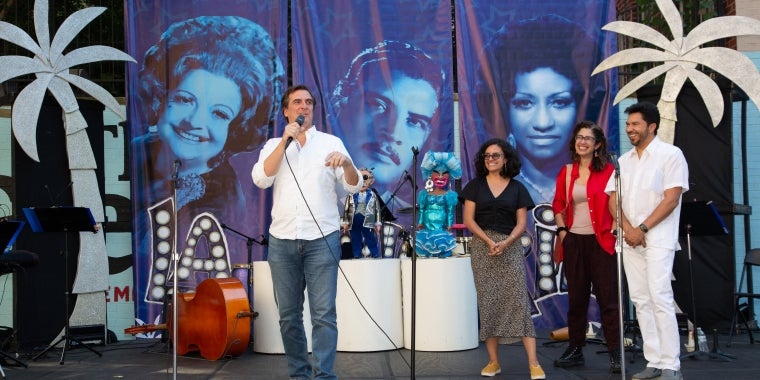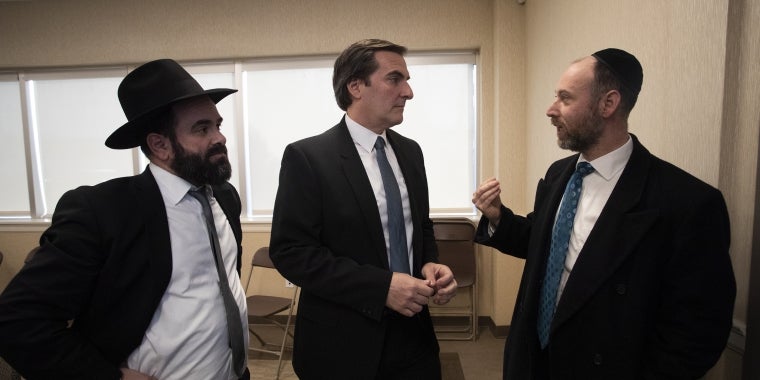
Avella, Gianaris call for state independent redistricting
Queens Campaigner wrote about the Queens LATFOR meeting and the need for an independent commission to redraw district lines.
If any teacher wanted to instruct students about gerrymandering, a field trip to state Sen. Tony Avella’s (D-Bayside) district might be a good place to start.
The lawmaker represents an unpopulated, rocky stretch of sand that forms a border around — but does not encroach upon — the neighborhood of Bay Terrace. It connects the neighborhood of Whitestone to the rest of his district by winding around the coast of Little Bay near the Throngs Neck Bridge — but only during low tide.?
Avella visited this portion of his district last week. Even several hours before high tide it was barely passable, since even the sea wall at the edge of the street is not in his district. To get to it, he had to hop a fence and climb down a pile of boulders.?
“I’ve seen it, but I’d never walked it,” he said. “I think there should be reform.”
Avella had co-sponsored a bill and put into writing the growing call for independent redistricting in the state.
On Sept. 7, civic associations and Queens residents spoke out against the legislative boundaries that divide their neighborhoods at a hearing at Borough Hall ahead of the redistricting process that will redraw state and congressional legislative districts in 2012.
The hearing was held by a state body made up of both elected officials and citizens that is currently tasked with redrawing the district lines. Many of those in the audience testified that the new boundaries should keep communities and neighborhoods with cohesive populations in the same district — something that has not happened in the past.
Harpreet Toor said the neighborhood of Richmond Hill — a rectangle-shaped enclave below Forest Park comprised of mainly South Asian residents — is currently divided into four City Council districts, five state Assembly districts and three state Senate districts, according to Toor.
“Right now the district lines are going right through the heart of the neighborhood,” he said. And because the population is split, the voting power of the neighborhood is divided and diminished, Toor said.
A representative from the Asian American Legal Defense and Education Fund outlined several other neighborhoods around the borough that are divided.
Flushing is split into two Assembly districts and two Senate districts, according to Jerry Vattamala, an attorney for the fund. Vattamala said Bayside, which is also split into several districts on the state level, should be lumped in with Flushing whenever possible, due to the similarities in the neighborhoods’ population.
Elmhurst, home to a variety of immigrant populations, is divided into five Assembly districts, four Senate districts and four Council districts, according to a report complied by the fund.
Jamaica Houses, a politically active housing project, is split into two Assembly districts, according to Assemblywoman Barbara Clark (D-Queens Village).
Assemblywoman Marge Markey (D-Maspeth) testified at the hearing and said that while her district seems to be based in Maspeth, she has small portions of Astoria, Woodside and Elmhurst. The residents in the latter set of communities do not have enough people to sway the vote for her seat.
“It needs to be whole communities,” she said when asked what ideal district lines would look like.
Sen. Michael Gianaris (D-Astoria) co-sponsored a bill with Avella to promote independent redistricting and offered blunt advice for the panel.
“Disband yourself and establish an independent commission,” he said at the hearing.
Read the full article here.



